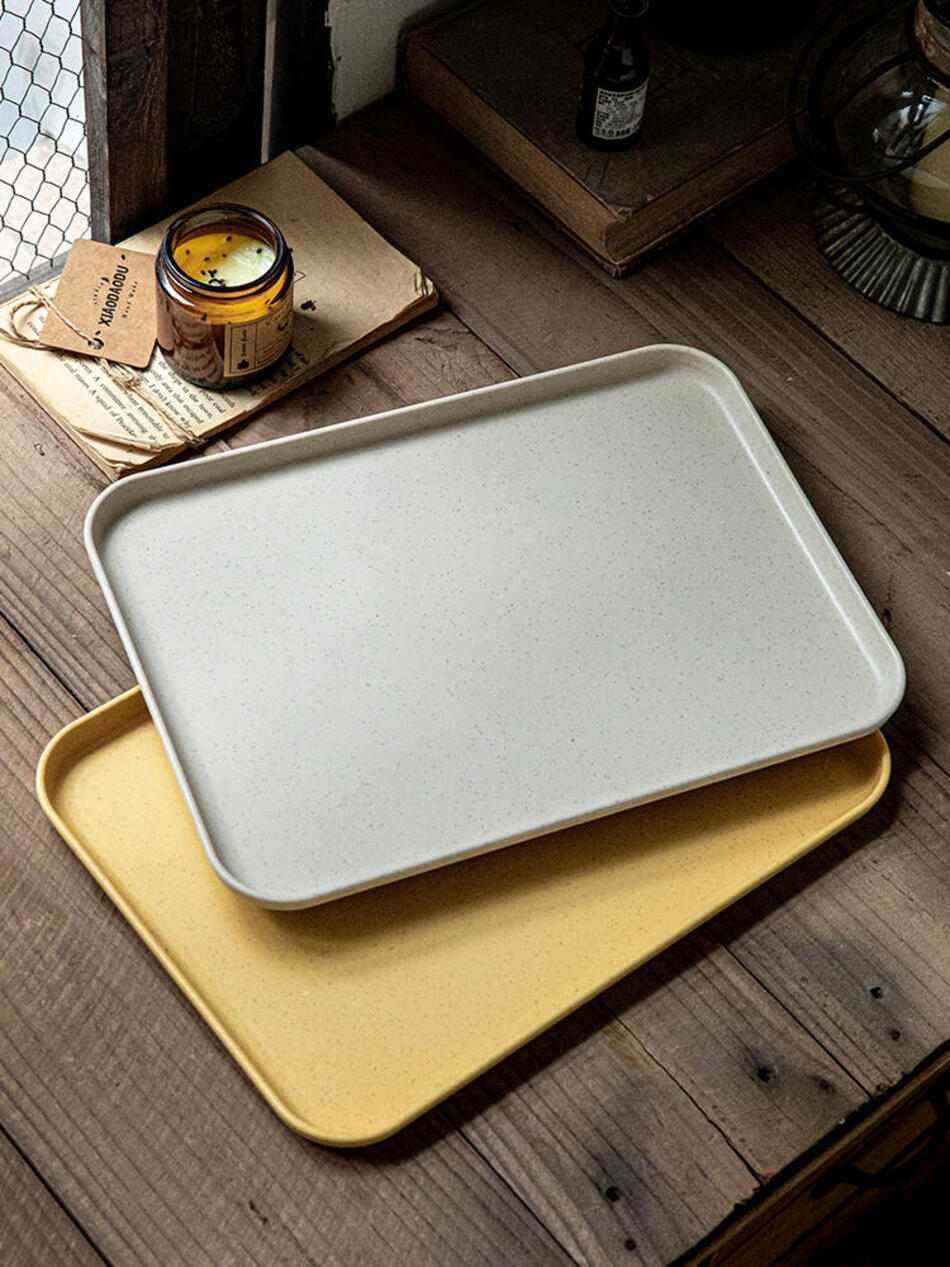In the global battle against plastic pollution, wheat tableware is emerging as a new benchmark for green living, thanks to its exceptional environmental performance. This eco-friendly product, made from agricultural waste, demonstrates its friendliness towards the natural ecology throughout its entire lifecycle, from production to degradation.

Cutting off the white pollution chain at its source is the most significant environmental value of wheat-based tableware. Traditional plastic tableware takes hundreds of years to degrade in the natural environment, and over 8 million tons of plastic enter the oceans globally each year. However, wheat-based tableware can be fully degraded into carbon dioxide and water within 90 days under composting conditions, and even if it enters the natural environment, it can achieve material recycling within 6 months. After a pilot project using wheat-based tableware in a coastal city, the amount of plastic waste detected on beaches decreased by 42% year-on-year, showing significant ecological improvement effects.

The resource recycling model that turns waste into treasure demonstrates unique environmental wisdom. China produces about 120 million tons of wheat straw annually, and traditional disposal methods not only waste resources but also pollute the air. The production of wheat tableware transforms these agricultural wastes into practical products. Each ton of straw can be made into 5,000 sets of tableware, equivalent to reducing the consumption of 300 kilograms of standard coal. An enterprise in Henan Province processes 80,000 tons of straw annually, which is equivalent to protecting 200,000 acres of forest land from deforestation, resulting in a carbon emission reduction of 43,000 tons.

The low-carbon footprint throughout the entire lifecycle leads the way in the eco-friendly tableware race. Production data reveals that wheat tableware has a carbon footprint only one-fifth that of traditional plastic tableware, with water consumption reduced by 60%. In terms of transportation, due to the localized procurement of raw materials, logistics carbon emissions have decreased by 72% compared to imported plastic raw materials. After a certain chain restaurant brand fully replaced wheat tableware, the annual carbon emissions per store decreased by 18 tons, equivalent to the carbon sequestration effect of planting 1,000 trees.

According to the latest report from an environmental protection organization, if 30% of the disposable tableware market nationwide is replaced by wheat products, 2.3 million tons of plastic waste can be reduced and 16 million tons of petroleum resources can be saved every year. With the public’s awareness of environmental protection increasing, this kind of tableware, which “originates from nature and returns to nature,” is reshaping the harmonious relationship between humans and the environment, providing a practical and feasible solution for sustainable development.
Post time: Aug-05-2025










